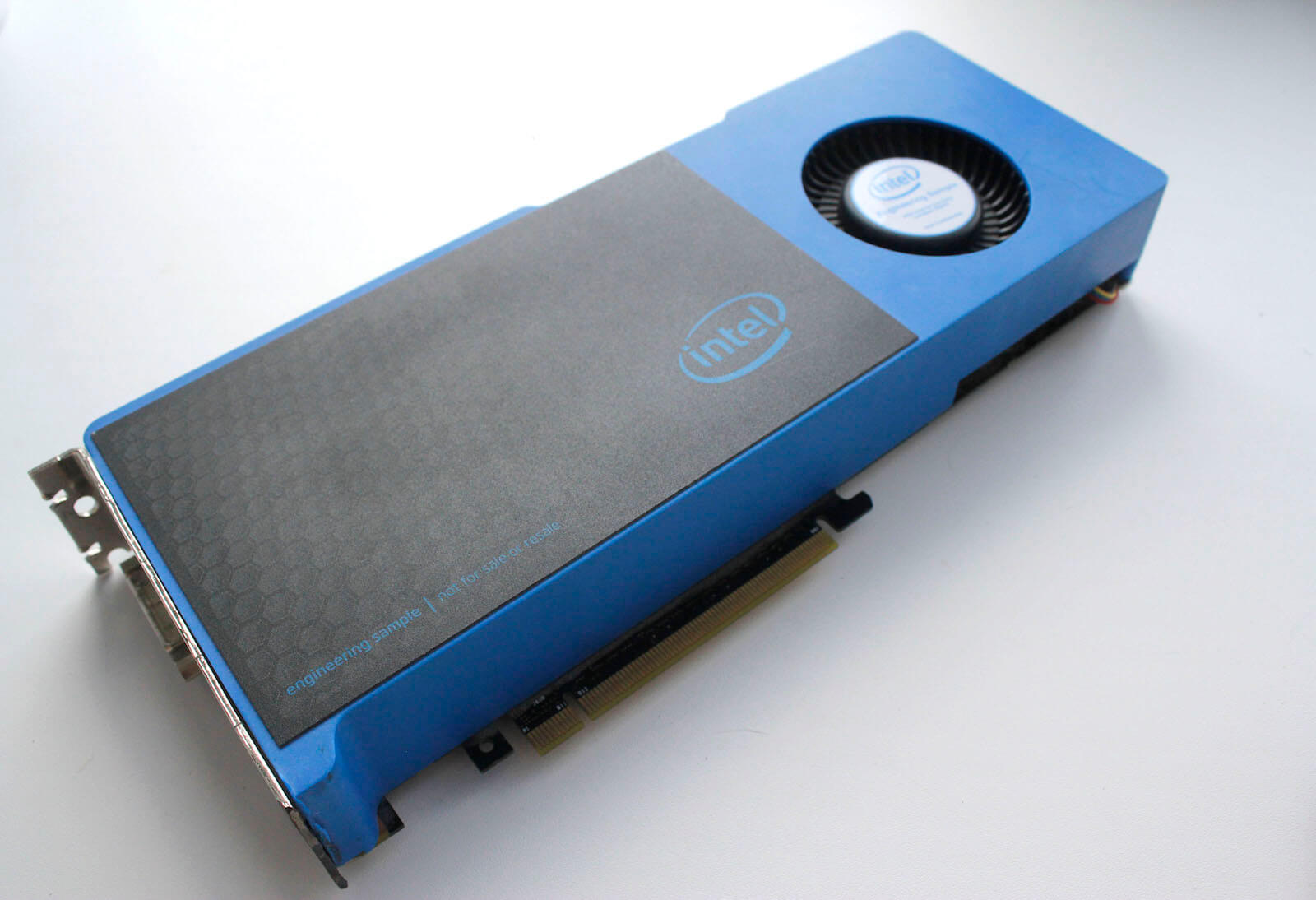The big picture: Intel has confirmed that its first true dedicated graphics card will be launching in 2020. This could be the start of a new round of competition between AMD, Nvidia, and Intel, ultimately giving enthusiasts more options to choose from.

One of the unfortunate market conditions that hardware enthusiasts face is the lack of choice when it comes to some of the needed core components. Intel and AMD now have healthy competition in the CPU market, but Nvidia is very clearly outranking AMD in the consumer graphics industry.
Intel has now confirmed that it will be joining the competition for discrete graphics solutions.
Over the past year, rumors have flown about over when Intel was going to bring a GPU to market. Some leaks pointed towards CES 2019. Although these rumors could still hold true, we now know that Intel is aiming for a 2020 launch of discrete graphics products.
Intel's first discrete GPU coming in 2020: https://t.co/s9EPeFifBp pic.twitter.com/n5zmUY2Mc2
— Intel News (@intelnews) June 12, 2018
Although Intel is remaining scarce on details of its upcoming GPU project, past prototypes show that there could be more than just another mediocre GPU entering the fray. Then again, given that Intel has been selectively poaching AMD's graphics department, Nvidia may not be too concerned about a third GPU maker.
According to Ashraf Eassa of TheMotleyFool, Intel has split its dedicated graphics project carrying code-name Arctic Sound into two products. Jupiter Sound is also one of the codenames used by Intel. One will focus on video streaming within data centers, and the other will be for gaming. At this time there is no information on architecture, process technology, or any other hardware information that could be used to estimate performance metrics.
No matter where consumer loyalty lies, more competition can help lead to better hardware in a shorter time span. Next generation graphics cards may carry high launch prices, but a good healthy round of competition could help keep sticker shock to a minimum.